The long-rumored Apple-built car is inching closer to reality with a target date of 2026. But it might not be as fancy as you expect.
It's easy to let our imaginations run wild with speculation about what "Project Titan" could be, but it really only needs to integrate most of Apple's current technology for it to be a success. Tesla has shown that people are willing to go electric for the right combination of performance, technology, and price.
As long as Apple keeps the price of each vehicle under $100,000 (possibly closer to $50,000) and pushes the convenience of driving and maintenance as the main selling points, the company has a chance to make a serious dent in the automotive market.
Being able to track your car, remotely view its cameras, set speed limits, and even move it, all from its mobile app are features Tesla owners already enjoy. Apple could match those abilities and still make owning a car even less of a headache by adding features it already has across its product line.
Let's look at all the pieces of hardware and software currently on the table and see how those things make what Apple could offer to make most other vehicles on the road seem antiquated.
Siri
Siri will be a significant feature of any Apple-designed car, whether or not it is the centerpiece of it. Surprisingly, there are still no good voice assistants in cars in 2022. Even in a Tesla, voice commands feel rudimentary.
Relying on Siri while traveling at 70 miles per hour may not instill a lot of confidence, but we're willing to bet it works better than most other options on the market right now.
Our hope is that Siri can handle every car-related task: Roll down the windows; close the trunk; raise the third row of seats; turn off the seat heater in 10 minutes, and so on. You shouldn't need to use Siri to do all those things, but it would be nice if you could.
Apple's car may even be the genesis for why the company may want to simplify the voice assistant's wake word and get rid of the "hey."
CarPlay
Apple has already shown off its future plans for CarPlay. In the demo, the feature extended beyond the infotainment unit and stretched across the dashboard screens. It even replaced all the gauges.
It's clear Apple is building this new version of CarPlay for itself. The company has said, however, that other manufacturers can adopt it and fit it to their needs.
No one should be surprised when the inside of Apple's car resembles some form of this initial 2023-slated design.
It's anyone's guess as to whether it will work well on the road, but the controls and various widgets of information all looked nice.
CarKey (and Home Key)
Unlocking your future Apple Car with your iPhone is a given. Tesla has been doing this at scale since at least 2017. The Bluetooth method Tesla uses for its cars works fine, but it can be annoying to connect digital keys in the same household.
Apple's CarKey should make using and sharing digital keys much easier. CarKey is still in the early stages and is mostly used with BMW cars, but the similar Home Key technology gives us a glimpse of the car experience.
Home Key has become more common over 2022. We've used several Home Key locks and, frankly, it's been great to use from Apple Wallet on the Apple Watch or iPhone.
Apple Maps
Five years ago Apple Maps was a joke. Today, it's pretty good. It's certainly worthy of being displayed proudly on a large screen in a car.
Lately, with new 3D buildings and routing features, it seems that Apple is continuing to refine the mapping experience for much better navigation. Maps can even plan a route with EV charging in mind.
HomeKit
HomeKit may not seem connected to a car, at first, but charging a vehicle could be integrated into the Home app to handle a vehicle's connection to your electrical grid.
Similarly, there may be opportunities to show camera alerts from an Apple Car on your Apple TV while you're watching, if the vehicle detects a threat or tampering.
Self-driving
At one time Apple's car was rumored to be fully autonomous, even going as far as to not include a steering wheel. That seemed silly at the time and apparently, that's no longer the case.
The latest information suggests Apple's vehicle will be capable of performing similar autonomous driving as some other manufacturers and mostly while on the highways.
Frankly, we don't think that piece of the puzzle is completely necessary to wow consumers.
More important is how Apple blends all its current technology together to create a seamless and cohesive driving experience. In the same way, it's easy to imagine an Apple VR headset before it's released— because all the parts are already there (spatial audio, avatars, collaborative media, and more).
Even more practically, the AirPods Max demonstrate how Apple didn't need to revolutionize a market to enter it and make a dent. The company just needed to put its hardware and software pieces together to create something worthy of a premium price.
 Tyler Hayes
Tyler Hayes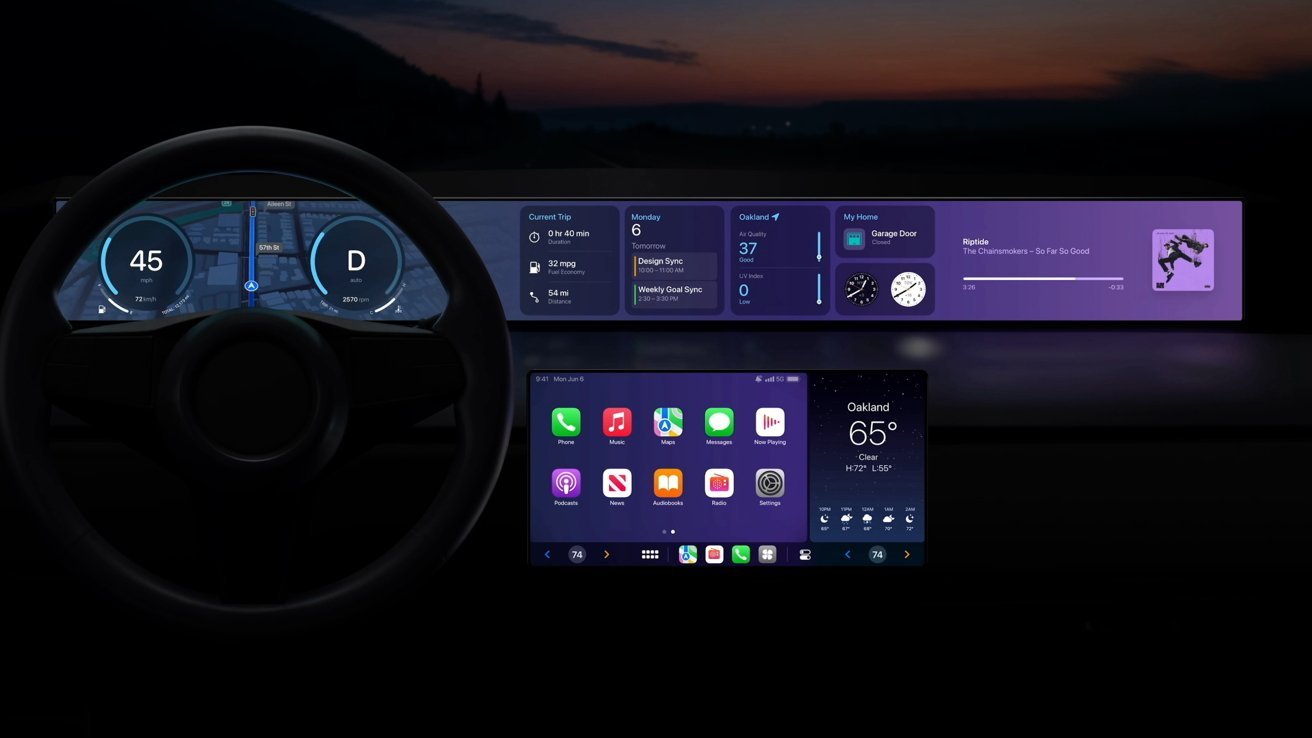
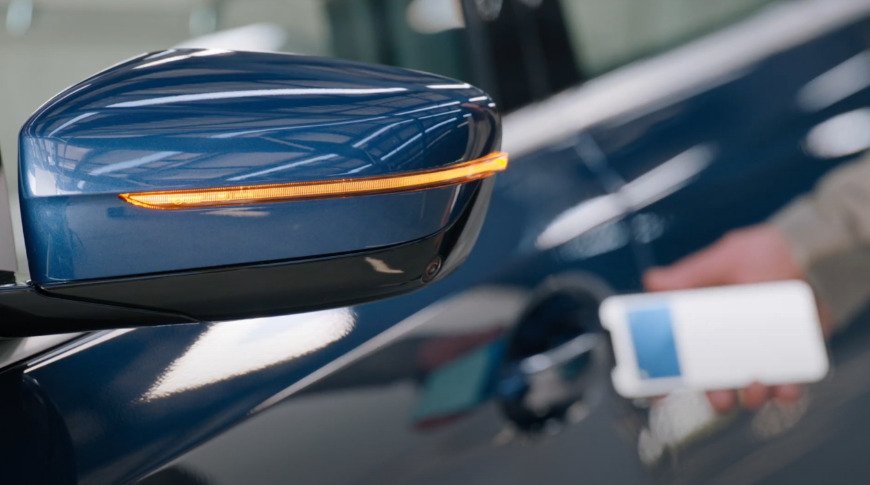

-m.jpg)





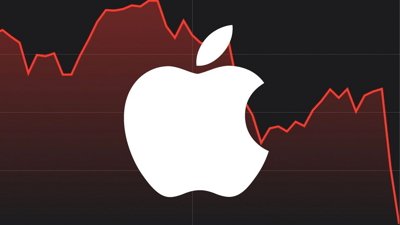
 William Gallagher and Mike Wuerthele
William Gallagher and Mike Wuerthele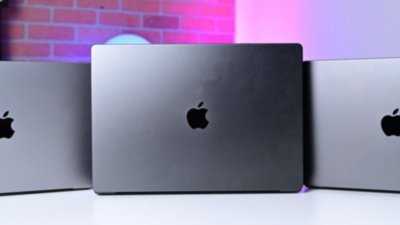
 Andrew Orr
Andrew Orr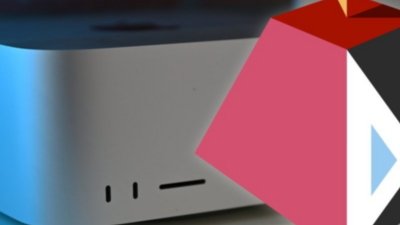
 Malcolm Owen
Malcolm Owen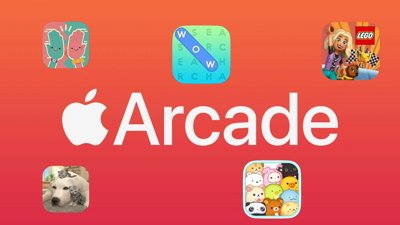
 Amber Neely
Amber Neely
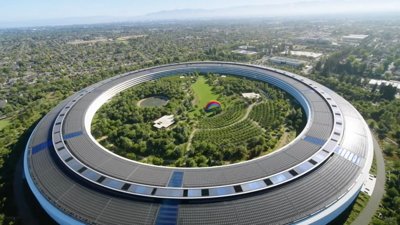
 Wesley Hilliard
Wesley Hilliard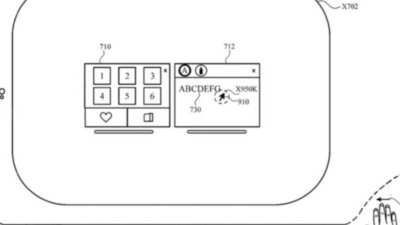
 William Gallagher
William Gallagher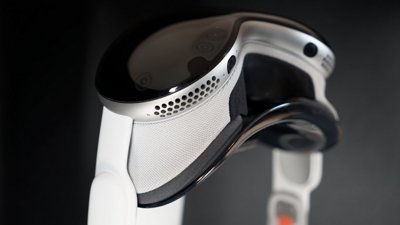
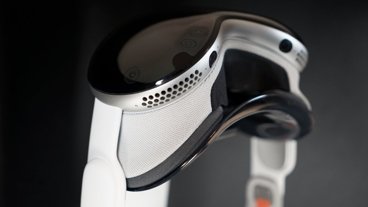

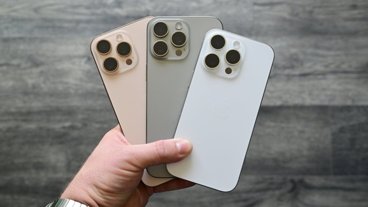







39 Comments
I plan on buying one more ICE vehicle so my first BEV likely won't happen for maybe 20 years or so. I'll be curious where Apple will be at that point. I'm a little skeptical right now. Consumer Reports says that Teslas are quite unreliable. I totally get that Apple products are highly reliable but they have never built a car before. I guess we'll see what happens.
No just self-driving but driver-less in the car could be configure with seating assuming everyone is a passenger.
That would sure be a Wow factor but I'd think it was 3-5 years off. Maybe that is Apple second gen after showing how they can meet and beat the expectations of the space it'll be time to take the gloves off and remake it.
I’ll be in the market for an EV, but this looks like it’ll be way out of my budget.